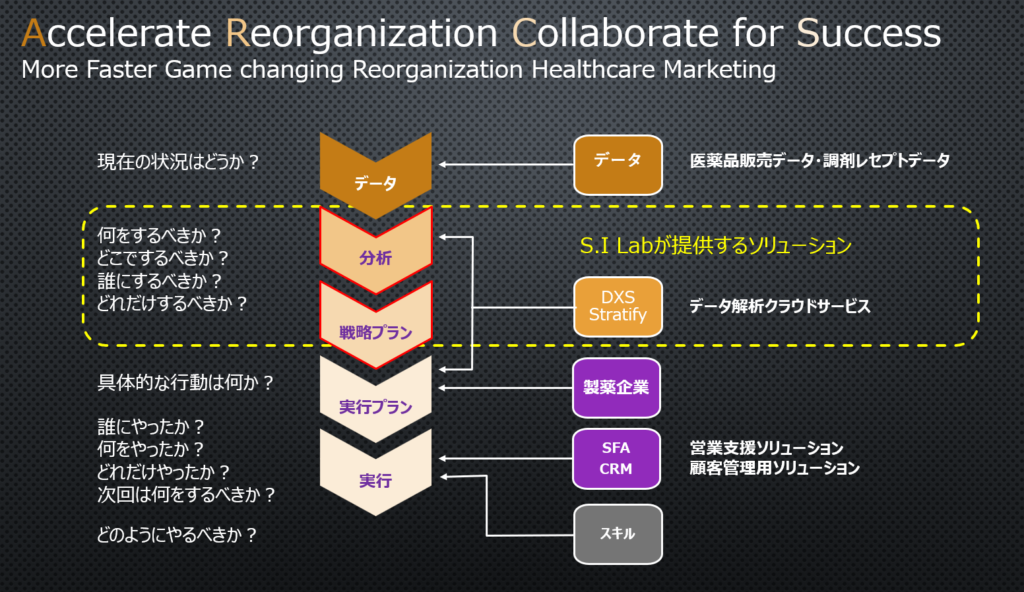
10月20日、東京証券取引所の日経平均株価はバブル崩壊以来の最高値を更新しました。
株価に影響を与える主な要因の 1 つは業績であり、業績は企業の利益を生み出す能力とみなすことができます。
近年、多くの企業が業績向上の手段として、売上の増加以外にも、人員削減などのコスト削減策を推進しています。
製薬業界では、人員削減により、パイプラインの買収などのイノベーション活動への再投資の機会が得られる可能性があります。
しかし、競争型市場が縮小する今日の市場では、良いものを作れば必ず売れるという戦後のビジネスモデルは有効に機能しません。
激しい競争の中では稼ぐ力、つまり売る力が重要です。
特に、さまざまな法的保護や規制により、独特で高度に規制された市場を抱える製薬業界では、市場競争で成功するための理論とプロセスの必要性が最も重要です。
この困難なビジネス環境では、販売力が企業の価値を創造し維持する能力を決定する要素となります。
“Selling Power is Company Value”
On October 20th, the Nikkei Stock Average on the Tokyo Stock Exchange reached its highest level since the burst of the bubble economy.
One of the primary factors influencing stock prices is performance, and performance can be seen as a company’s ability to generate earnings.
As a means to improve performance, aside from increasing sales, cost reduction measures, including workforce reductions, have been pursued by many companies in recent years.
In the pharmaceutical industry, personnel reductions can provide opportunities for reinvestment in innovation activities such as pipeline acquisitions.
However, the business model from the post-war period, where it was believed that good products would always sell, does not function effectively in today’s market, which is characterized by shrinking race-type competition markets.
In the midst of intense competition, the ability to earn, or in other words, the power to sell, is crucial.
Especially in the pharmaceutical industry, which possesses a unique and highly regulated market due to various legal protections and regulations, the need for theories and processes to thrive in market competition is paramount.
In this challenging business environment, selling power becomes a defining factor in a company’s ability to create and sustain value.

